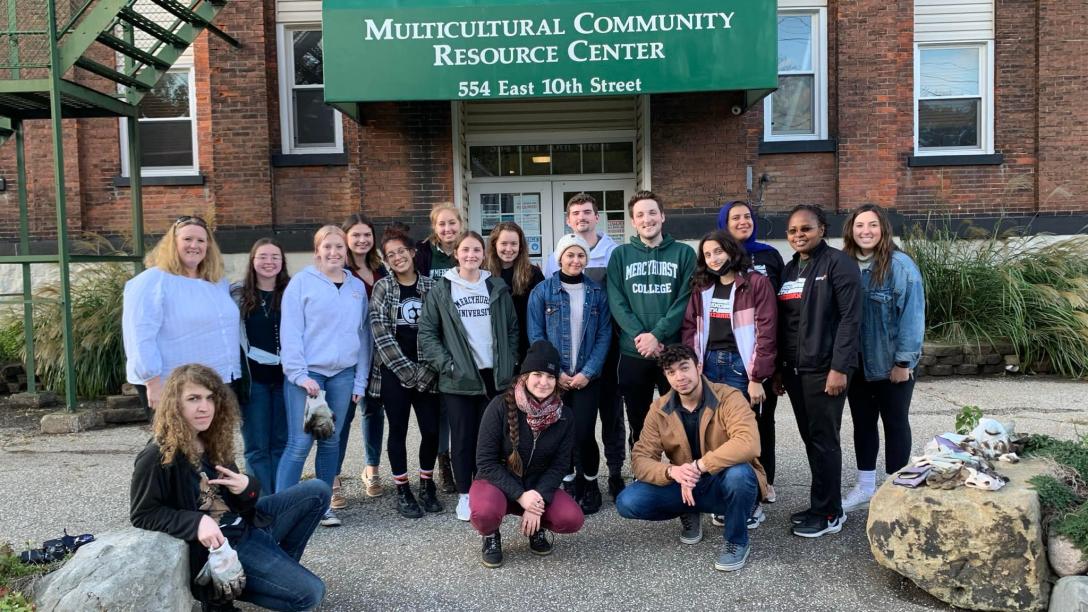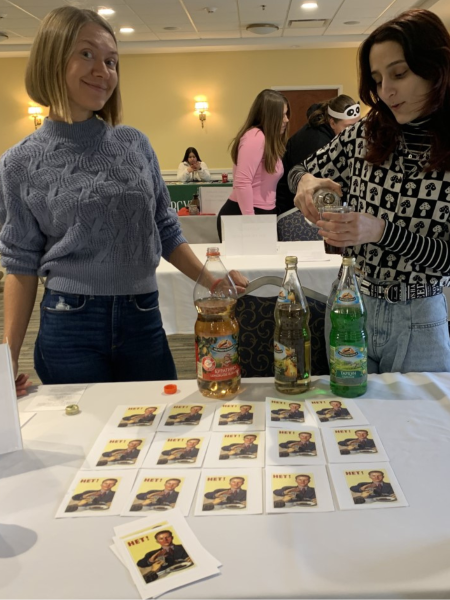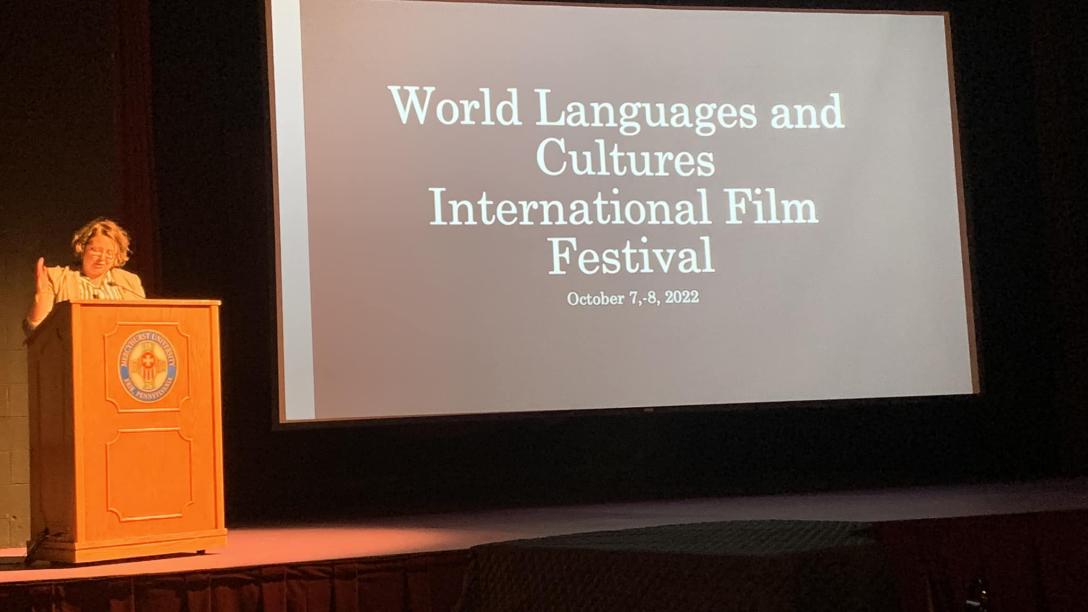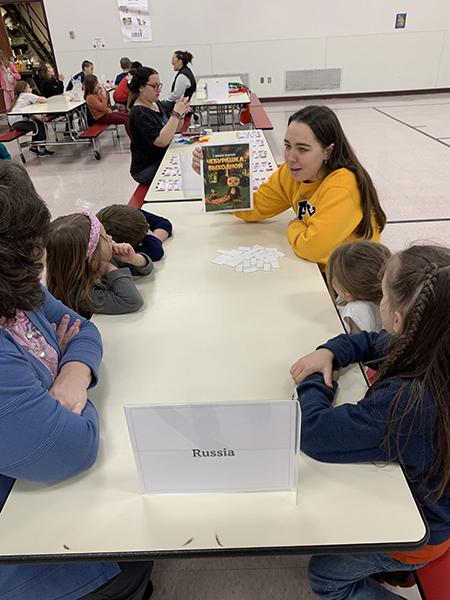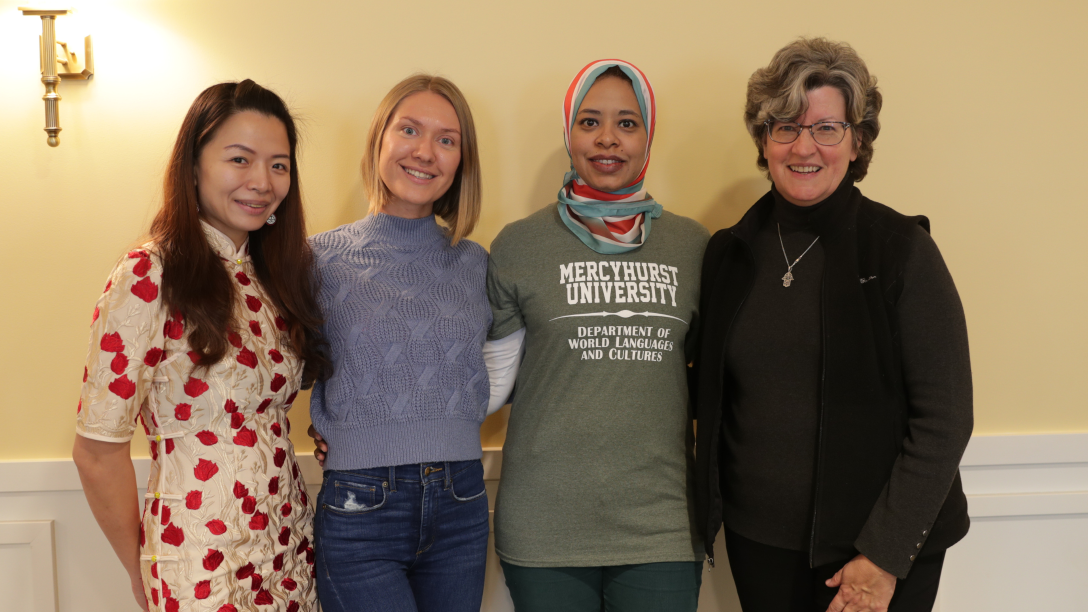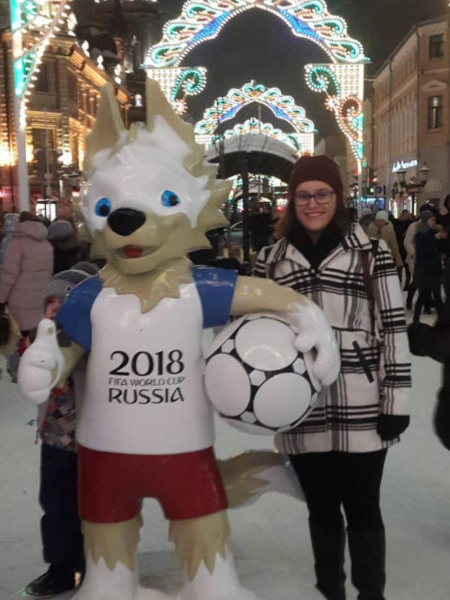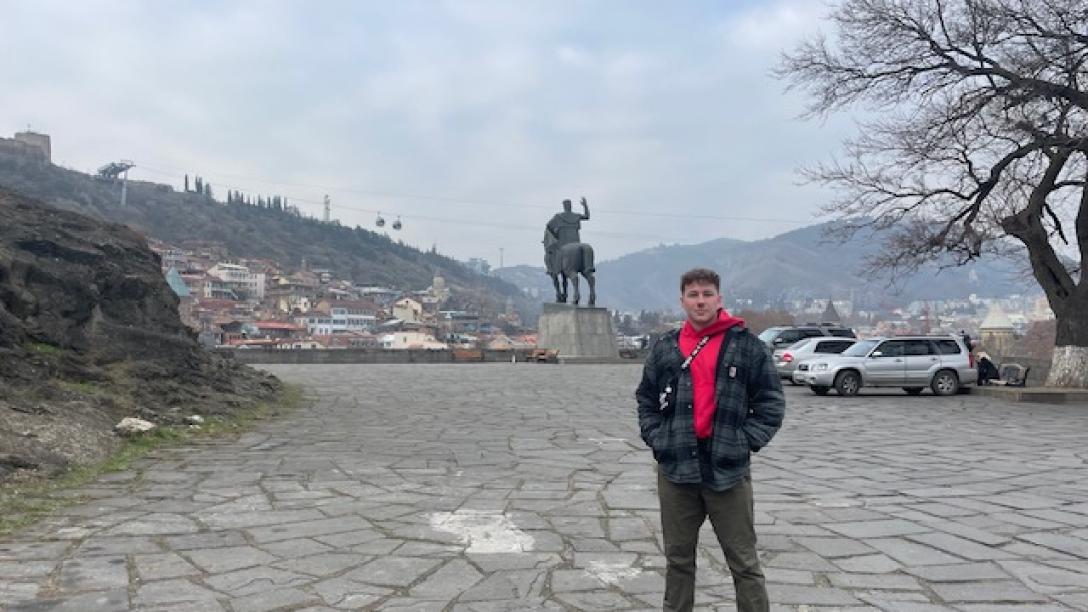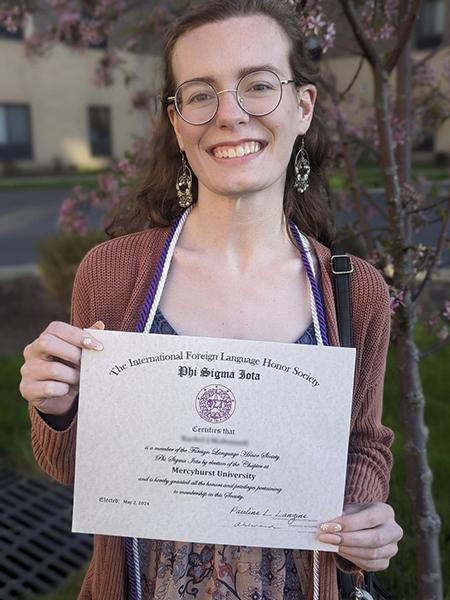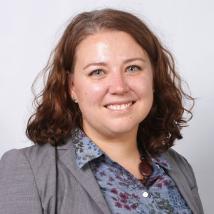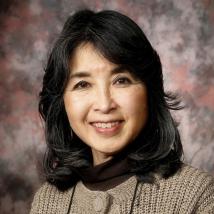
Russian Studies
Engage with a new point of view.
In today’s interconnected world, fluency in other languages can increase career prospects and open up other opportunities. Mercyhurst’s Russian Studies major encourages the development of strong critical thinking and communication skills through immersion in Russian language and grammar, literature, culture and history. The working relationships Mercyhurst has developed with several study abroad programs also offer students the opportunity to earn credits abroad in a variety of formats, so we encourage all of our Russian studies majors to spend some time abroad.
Fast Facts
- Mercyhurst’s Russian Studies grads work in range of fields, including government agencies, business, insurance, and international travel.
- One of our highest honors is induction into Phi Sigma Iota, the international honors society for the study of foreign languages and cultures. Students are nominated in their junior or senior year and inducted at an annual spring dinner.
- Our Russian Studies program is flexible enough so that students can pursue a double major or pair it with other minors.
- Phi Sigma Iota is an international honor society for the study of foreign languages and cultures, and is one of the highest honors one can achieve in the field. Language majors and minors are nominated in their junior or senior year based on their GPA, a faculty recommendation, and completion of a 300-level language course (or equivalent). Induction is held each spring at the annual dinner.
Learning Outcomes
- Demonstrate:
- Knowledge and accurate application of grammar concepts in Russian
- Competence in listening and speaking in conversational settings
- The ability to read and comprehend literary texts in Russian
- Write descriptive, narrative, expository, and argumentative essays in Russian
- Identify major:
- Historical figures, architectural styles, paintings, and moments in Russian cultural history
- Literary figures, trends, and works from Russian literature
- Analyze Russian literary texts in translation for content, structure, and style
Oral Proficiency Interview
All language majors sit for the Oral Proficiency Interview in their senior year. The OPI is an independent evaluation of a student’s language proficiency level by an outside evaluator. Students can use the OPI rating, which is recognized internationally, on their resumes and employment or graduate school applications.
Sophomore Review
Early in the spring semester of the sophomore year, the department reviews the student's academic record, their language portfolio, and recommendations from professors to determine academic progress. At this time, students are formally invited into the major and are informed in writing of the department's decision.
Students may pursue a minor in this area by taking seven courses, a minimum of four in Arabic language, and the rest in related coursework in religious studies, political science, history, archaeology, etc., and must maintain a 2.5 in the minor.
Mercyhurst University's Asian Studies minor program is an interdisciplinary, interdepartmental minor. The Chinese minor requires five language and two culture courses. The Asian Studies minor requires four language and three culture courses.
The minor in Migration Studies consists of 21 credit hours: five core and two elective courses. In addition, all students in the minor program are expected to complete a service component working with immigrants in the Erie area—as a Beyond the Gates (BTG) experience, a service-learning component of a class, or an internship.
Mercyhurst students who are interested in pursuing a minor in language may choose to minor in Spanish. This minor program offers students courses in language, literature, and culture in the student's respective field of study.
Spanish minors take eight courses unless they begin at the intermediate level, in which case they take seven courses in language, culture, literature, and phonetics.
Mercyhurst students who are interested in pursuing a minor in language may choose to minor in Russian Studies. This minor program offers students courses in Russian language, literature, and culture. In addition, Mercyhurst students will have the opportunity to delve into Russian history.
Students minoring in Russian Studies must take eight core courses and two upper-level Russian language courses. Students must maintain a 2.5 GPA in the minor.
Whether you’re planning to work in school districts in the U.S. or travel and work overseas, the ability to effectively teach students the English language will open employment opportunities across the board. Students in the Teaching English-Language Learners minor will learn not only the methods for teaching English as an additional language but also the language acquisition theories, socio-cultural influences, and program development strategies that make for more culturally sensitive and effective instructors (and leaders) of English language education. The minor includes six core courses, one elective, and more than 60 hours of practicum experience working with trained education professionals in pre-K-12 and adult education.
Alice Edwards, Ph.D.
Chair, Department of Anthropology and World Languages
Office: Preston 206
Meet the Faculty
World Languages

Alice Edwards
Chair, Anthropology and World Languages; Professor, Spanish; Faculty Liaison, Community Engagement
